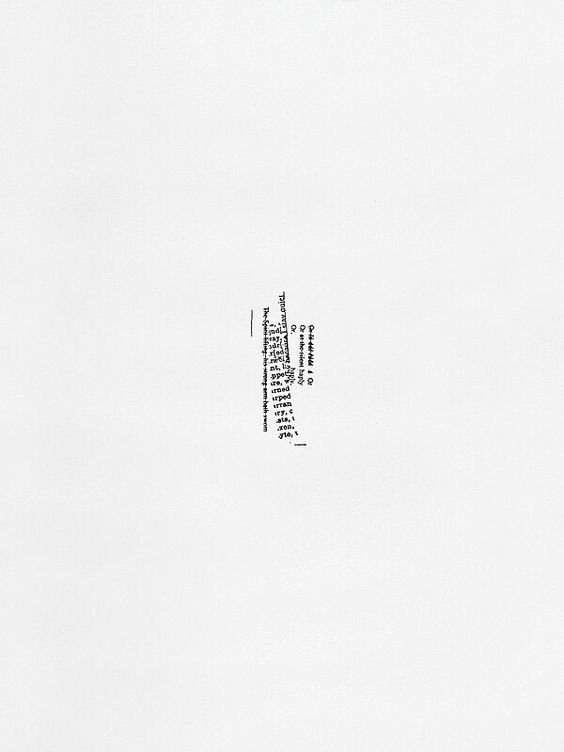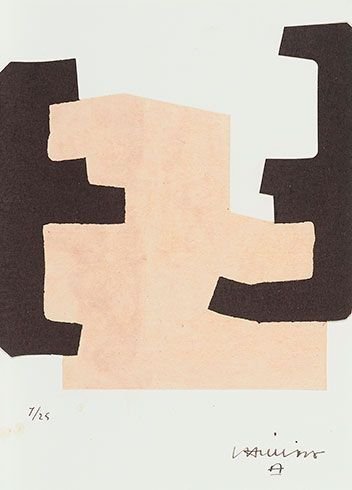Jane Huffman’s debut collection, PUBLIC ABSTRACT, won the 2023 APR/Honickman First Book Prize, selected by Dana Levin. Buy a copy of PUBLIC ABSTRACT here. Jane is a doctoral student in poetry at the University of Denver and is a graduate of the Iowa Writers' Workshop. She founded and was editor-in-chief of Guesthouse, an online literary journal, for seven years, and is currently Associate Editor for Denver Quarterly. Her work has appeared in The New Yorker, Poetry, The Nation, and elsewhere. She was a 2019 recipient of the Ruth Lilly and Dorothy Sargent Rosenberg Fellowship from the Poetry Foundation.
Upcoming events:
Denver, CO, Aug 29, 6 p.m. MT: Tattered Cover Bookstore, with Kelsi Vanada, Bin Ramke, Emma Windsor Wood; free event, no registration required
Zoom, Sep. 4, 5 p.m. MT: with Varun Ravindran & Friends, free event, registration required
Above: Susan Howe, Eduardo Chillida
Right: Sandy Dyas
Praise for Public Abstract
Jane Huffman is, for me anyway, a wonderful discovery. Sometimes, in lines like “I scratch/The itch of certainty,” she seems to be channeling Dickinson. She thinks big in small spaces, which requires precision. With a light touch, she takes things apart and reassembles them differently again and again. In a time when a lot of poetry looks the same, her work is dazzlingly unique.
—Rae Armantrout, author of Finalists
The title of the first section—A BOUT—in Jane Huffman’s exquisite first collection, Public Abstract, is synecdochic for the book entire. It disassembles aboutness—the very heart of the narrative urge—and re-centers the bout—a head-to-head encounter with intensity. If a poem is a machine made of words, as William Carlos Williams asserts, then Huffman’s machines are obsessional, so metrically and sonically driven that they threaten to jump the track. Her forms are the forms of late-stage capitalism—tumbling or threatening to tumble, adulterated by misuse and time, a colonnade of seamlessly designed columns pulling apart at the seams. Public Abstract cannot be reduced to a series of issues or subjects. Instead, these poems are formal archetypes of foundational motifs. Embodiment. Power and powerlessness. The vulnerable soul at odds with brutal circumstance. Emily Dickinson invented an expansive aesthetic, theology, and Self in the small chamber of her bedroom. With a turn of the lock, she was free. Huffman emerges from that tradition, but her primary source and influence is not the hymnal but literary and rhetorical form. Her argument is not with God, but with philosophy and history, public, personal, and intellectual. Her chamber is not the bedroom, but the private bedlam of the poem within the poem.
--Diane Seuss, author of frank: sonnets

